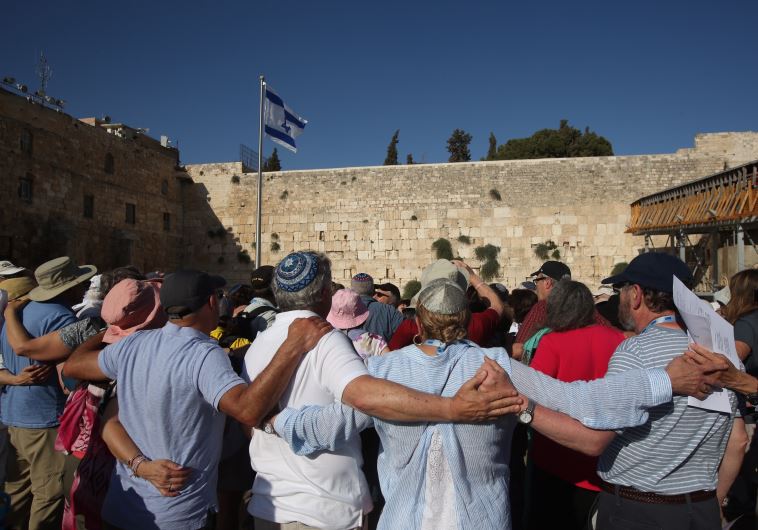The ‘datlash’ conundrum: Why so many from observant homes are no longer observant
The Orthodox community must identify these indications not just for the sake of reconciliation but for its own perpetuation.
 Egalitarian prayer rally at the upper plaza of the Western Wall (photo credit: MARC ISRAEL SELLEM/THE JERUSALEM POST)
Egalitarian prayer rally at the upper plaza of the Western Wall (photo credit: MARC ISRAEL SELLEM/THE JERUSALEM POST)